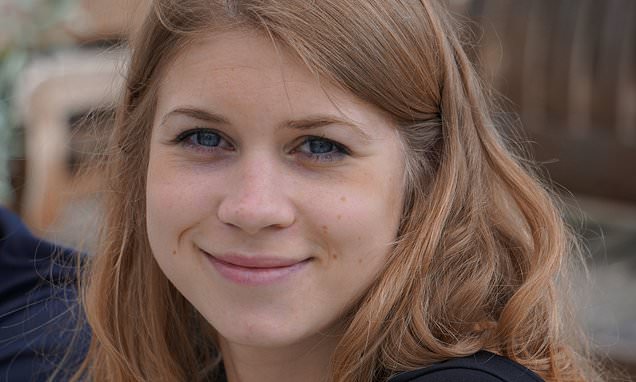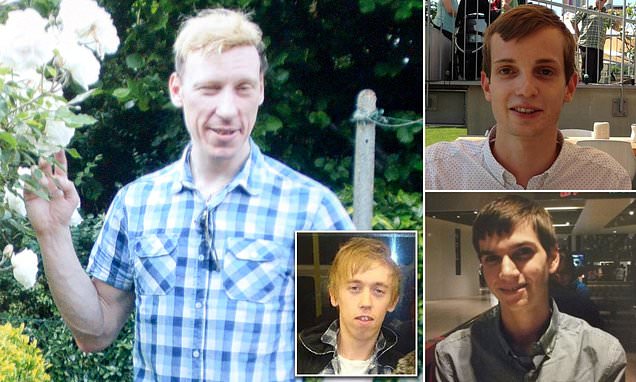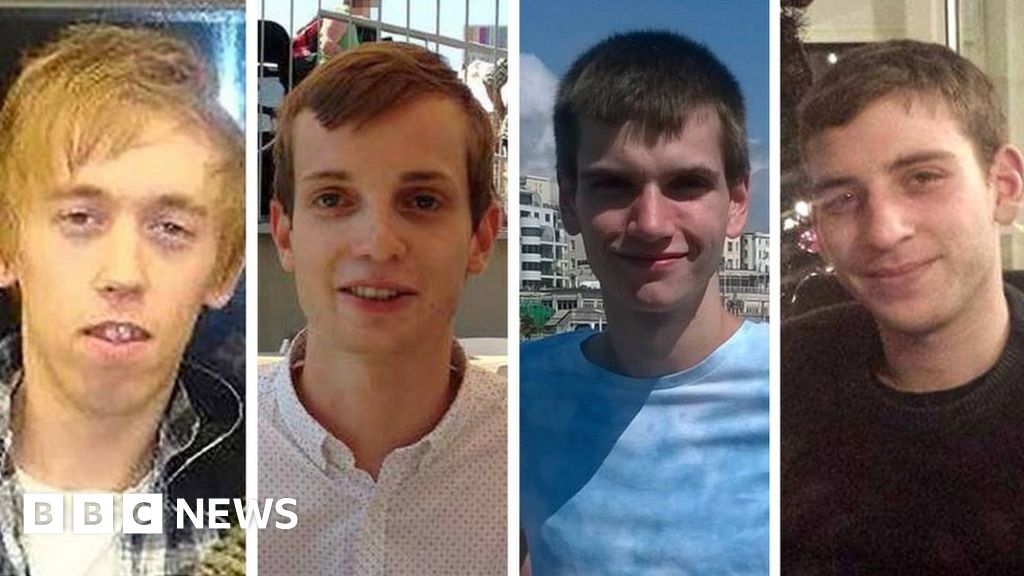John Pape, who said he had a 'whirlwind friendship' with Slovakian Gabriel Kovari in summer 2014, said he provided the Metropolitan Police with information he thought might link the deaths in Barking, east London.
[...]
Mr Pape told the inquests: 'I think it's been said here that the police were underfunded and under emotional strain.
'But I think, when grieving families, boyfriend and friends are getting close to the truth and trying to raise the alarm 10 months before the Met are even willing to acknowledge the deaths are suspicious, it can't be a funding issue.
'What resources did the families and friends have? What emotional strain were we under at that time?
'The only thing that makes sense about how disturbingly incompetent this investigation was is prejudice.
'If the lives and deaths of young gay and bi men aren't treated with significance and respect, I think that amounts to institutional homophobia.'
He said he was told by police at the original inquests for Mr Kovari and Mr Whitworth that there was no evidence which suggested the two men knew each other, despite a 'suicide note' found on Mr Whitworth's body taking responsibility for killing Mr Kovari.
It was later established that the note was written by Port and planted on Mr Whitworth's body to mislead the police.
Mr Pape said he contacted gay charities, the gay press and campaigner Peter Tatchell to explain his concerns, adding: 'I didn't trust the police to link it properly.
'I was concerned about young, gay men in Barking.'
Mr Pape wept as he described hearing that Port had been arrested.
He said: 'I think I felt a mix of emotions, certainly a kind of anger because it felt like I had these concerns... that an older man might be preying on younger men... and I felt like I hadn't been listened to.
'I wish I could go back and tell myself to push it more.'
Peter Skelton QC, counsel for the Metropolitan Police, said officers involved in the case had apologised for the police response, but suggested to Mr Pape that 'incompetence does not always equate to prejudice'.
Mr Pape replied: 'I would agree that what happened here was incompetence... But behind that incompetence there has to be a reason why so many people were making such shocking mistakes.'
Scotland Yard accused of 'institutional homophobia' after police failed to link Stephen Port murders | Daily Mail Online
More at link.



